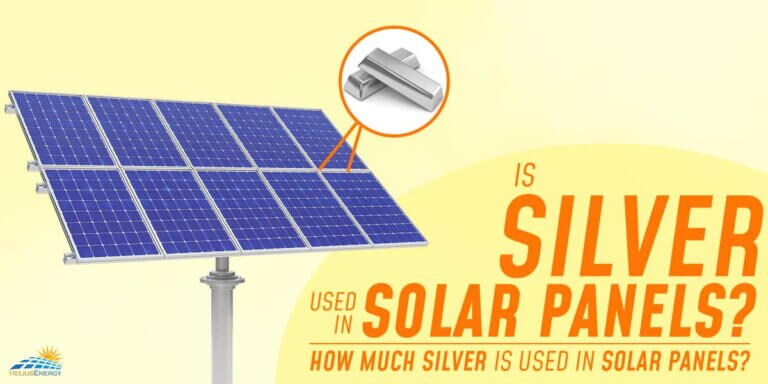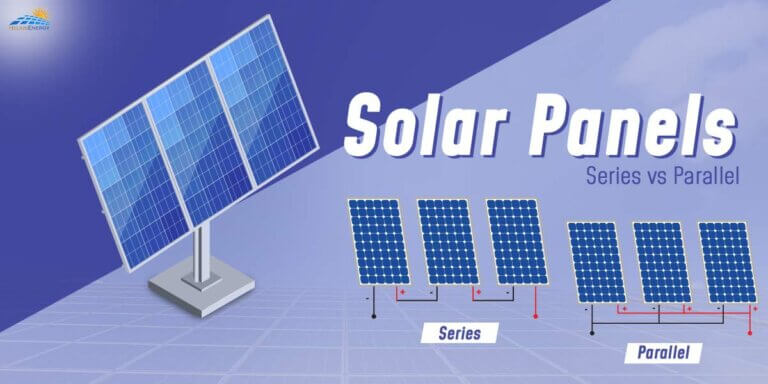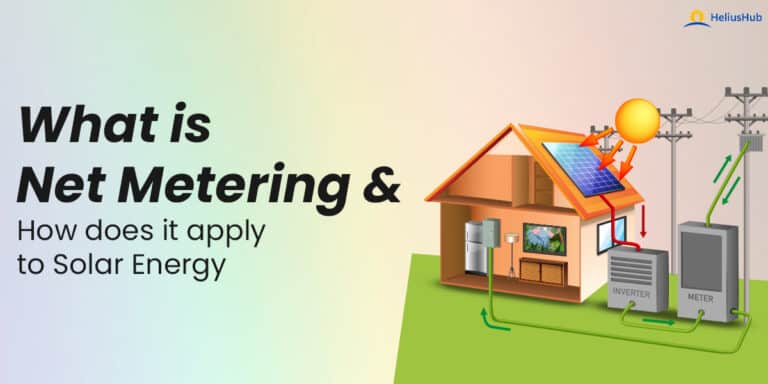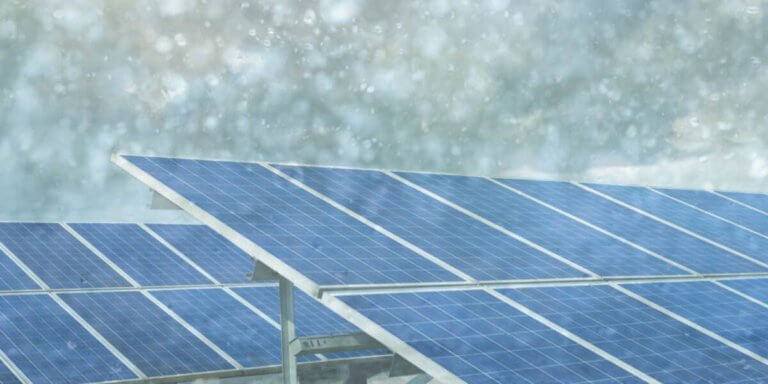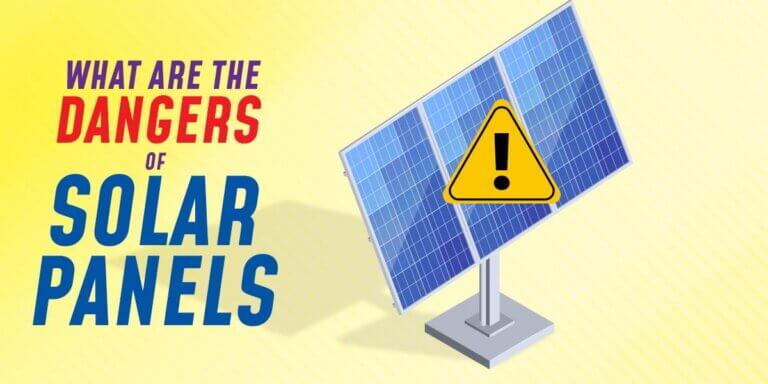Why is My Electricity Bill So High With Solar Panels

There might be multiple incentives to going solar but there’s one common implied benefit that lures most homeowners into installing solar panels on their roofs, reduced electricity bills.
Now if you’ve invested in solar and you notice you’re not paying any less for your electricity bills, it’s imperative for you to wonder, “why is my electricity bill so high with solar panels?”
This article has tried to explain queries centered around the hefty amounts charged for many of your yearly True Up fees. Solar panels not reducing bill is a fairly common occurrence but in all fairness, a very hideous one.
We have outlined the potential causes underlying this issue and the advisable way-outs. But first, can solar panels eliminate electric bills? Let’s find out.
Do You Still Have an Electricity Bill With Solar Panels?
Yes, you will still have an electricity bill to pay periodically following the installation of your much-awaited solar panels. But the rules are not the same for solar panel users and normal electricity users. Here’s how it works for the former:
Your local solar service provider will offer you the option of an annual payment module. In that case, the annual billing cycle begins when your system is turned on (may or may not be the same as the installation date) and ends exactly a year from that date. The fee payable for this period is the ‘True Up’ bill.
How Much Be Will My Electricity Bill With Solar Panels?
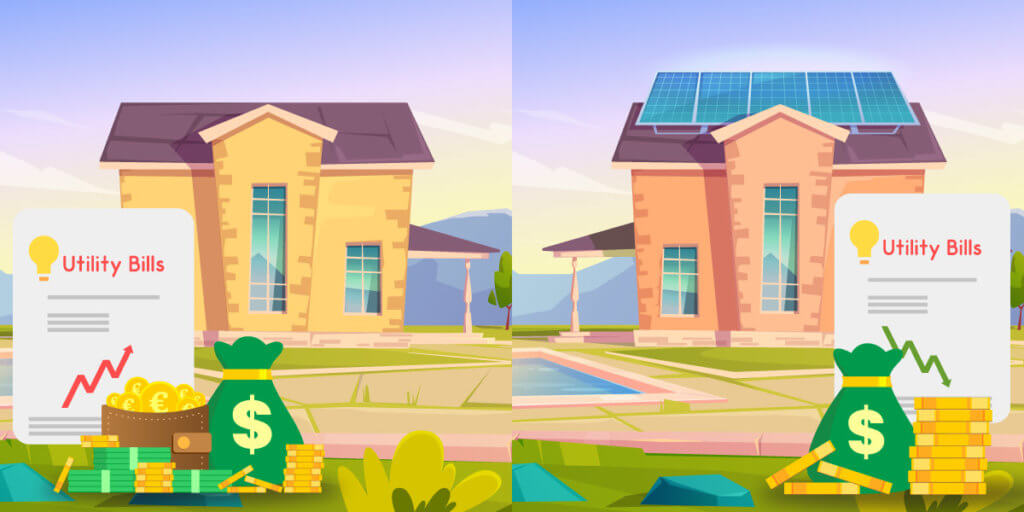
Solar panels not reducing bills? It might help estimate how much to expect at the end of the year on your True Up bill. If you want to calculate the estimated amount, consider the bill’s contents, and trace your way back from the start.
The True Up bill includes:
- Each month’s total solar production.
- The amount of energy consumed by the household.
- The residual amount is fed back to the grid.
The bill will also state the amount of electricity bought from the service provider per month, along with its cost. Lastly, note that annual utility fees or miscellaneous mandatory fees are chargeable outside the annual billing cycle.
Why Is My True Up Bill So High?
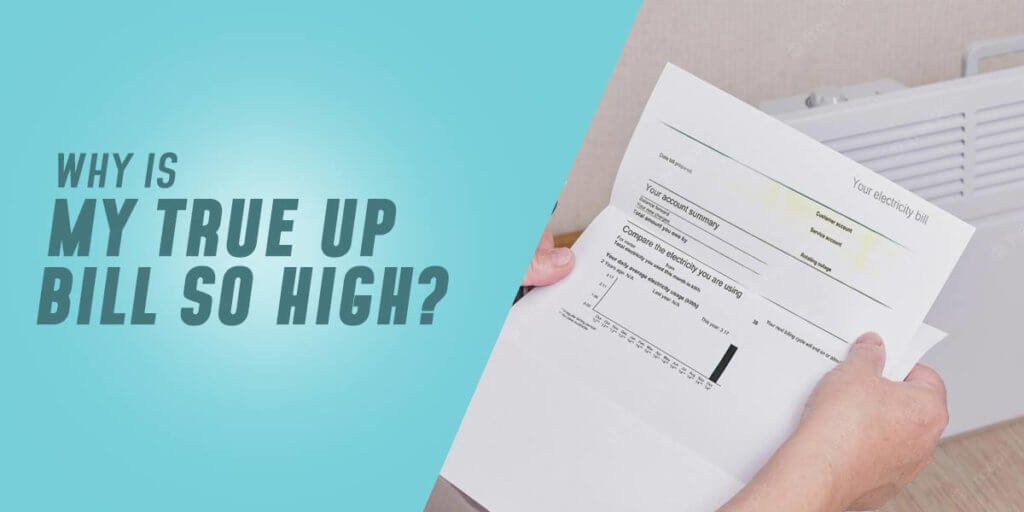
If you have been wondering, “Why is my True Up so high?” it’s time to look at the potential culprits behind the outrageous readings. We have laid out three common reasons below that might clarify your doubts:
1. The Solar Module is Not Functioning At Full Capacity
While this is a rare occurrence, sometimes a system doesn’t work the way it is supposed to. If you want to avert this entirely, have your solar module installer walk you through the system’s operating process. This ensures you bypass potential issues and read the system’s output aptly.
You can also ask the installation team about tell-tale signs to look out for in a functional system. If you come across any hitch, promptly contact the installation team.
2. Your House is Drawing Too Much Power
To get to the bottom of this, answer a few basic questions: What takes up most of the power at your house?
Most often than not, the answer is any large appliance. Be it a central air conditioner, a clothes washer, a heat pump, or a clothes dryer, any large appliance can burn a hole in your pocket when annual True Up bills are considered. This is one of the easiest ways to diminish your solar savings and make it harder for you to reap the cost-effective benefits of the solar module.
3. You Are Not Reading the Meter Properly
Considering your system is properly installed, and your household energy consumption hasn’t suffered a sudden hike anytime in the year, you are reading the meter wrong.
In this case, the best way out is to get in touch with your local solar installer to improve your knowledge about reading the system or learn it yourself how to read a solar meter. If your system is properly installed and you haven’t upped your home’s energy consumption, the chances are good that you’re reading the meter wrong. This is a common problem and not something to be embarrassed about.
How to Lower True Up Bill?
If you are wondering how to lower True Up bills, first make sure your solar module was intended to offset the entire energy usage within the household.
Next in line is a strong cautionary word about being mindful of how energy is consumed. In cases where the system was built to offset a particular amount of electricity consumption, make sure you are not going over that limit.
If you want to avoid a large True Up, wait till you have ample energy baseline data to allow the solar installation company to design and subsequently install a system meeting your household’s energy requirements.
If you feel you might be using more energy than anticipated, request the solar installation team to amp up the system. Sure, it will elevate the cost of the overall system, but it will also create a much-needed buffer between your solar installation and the elevated energy consumption.
Can Solar Panels Eliminate Electric Bill?
The True Up bill will include the breakdown of the energy credited by the company to your account, along with the total consumed energy. You might receive monthly or quarterly statements, but the amount will be due at the end of the year.
The solar utility bill will not cover gas usage, so pay that separately. Eventually, your solar module might produce enough power that the solar service company owes you money instead of the other way around.
Closing Thoughts
That’s all about the issue of solar panels not reducing bills. If this article helps you pinpoint the reason behind your elevated solar bills at the end of the year, our section on how to lower True Up bills might be of help. We have laid out all the possibilities surrounding the problem so that you can have a seamless solar energy experience at your home. Good luck!

